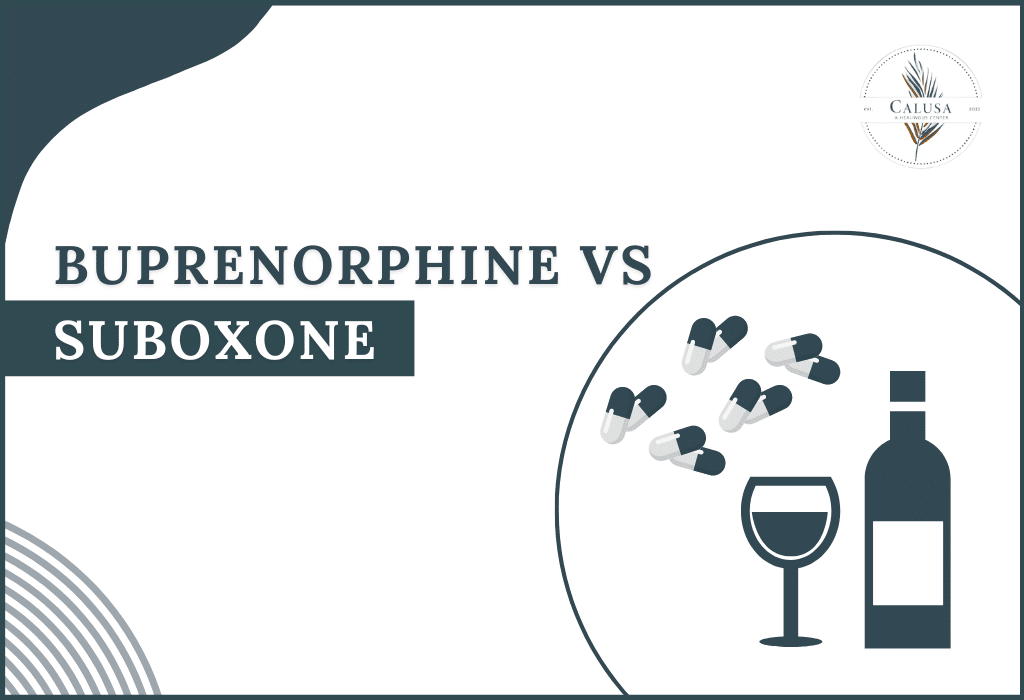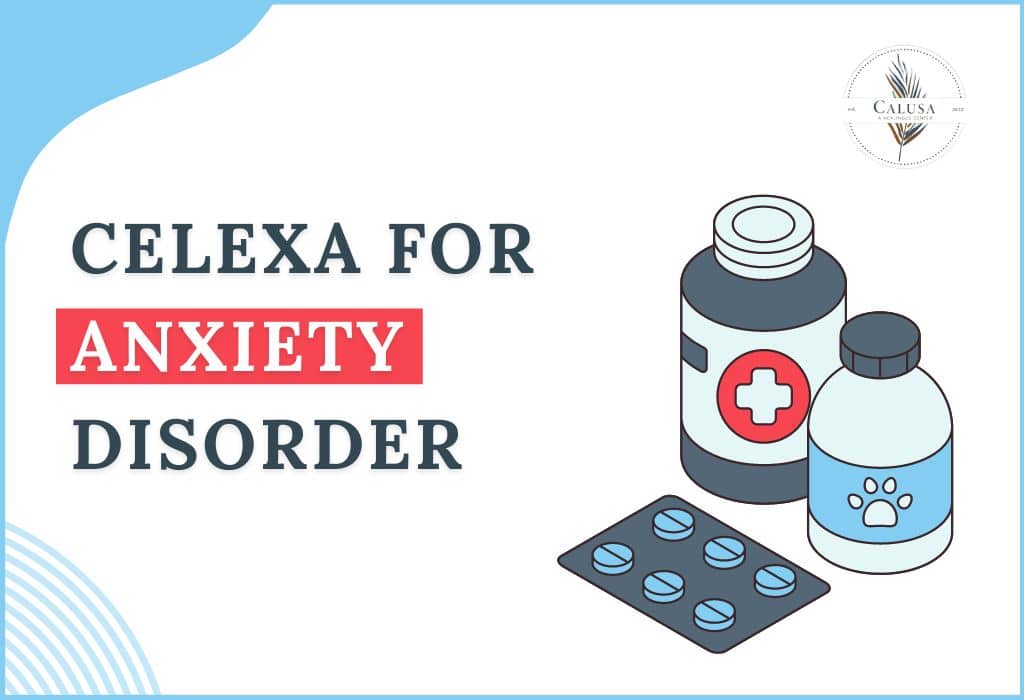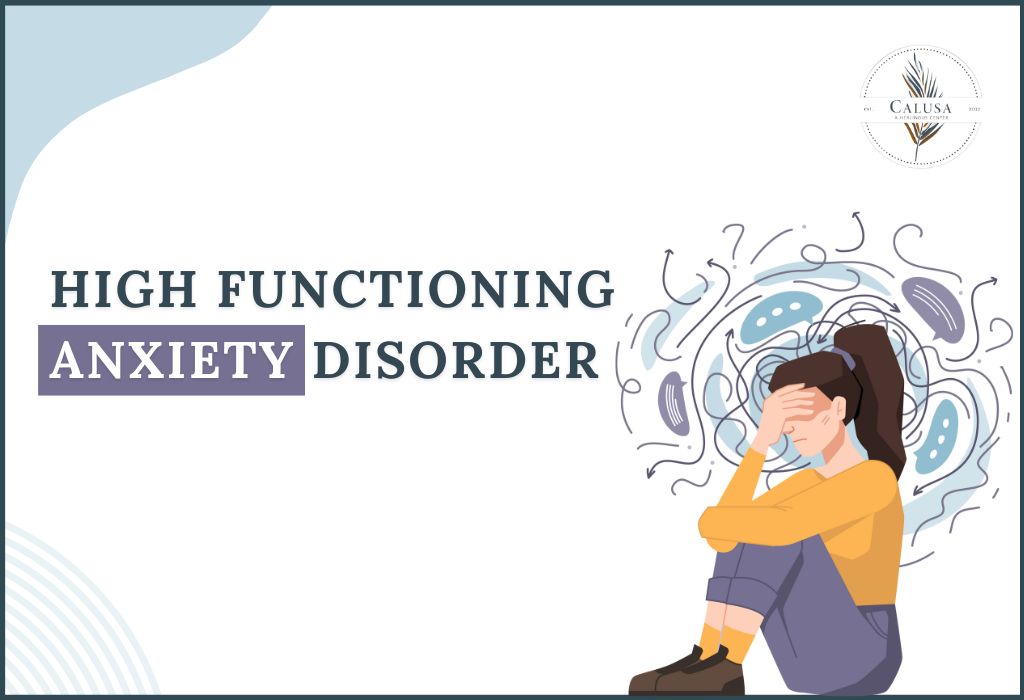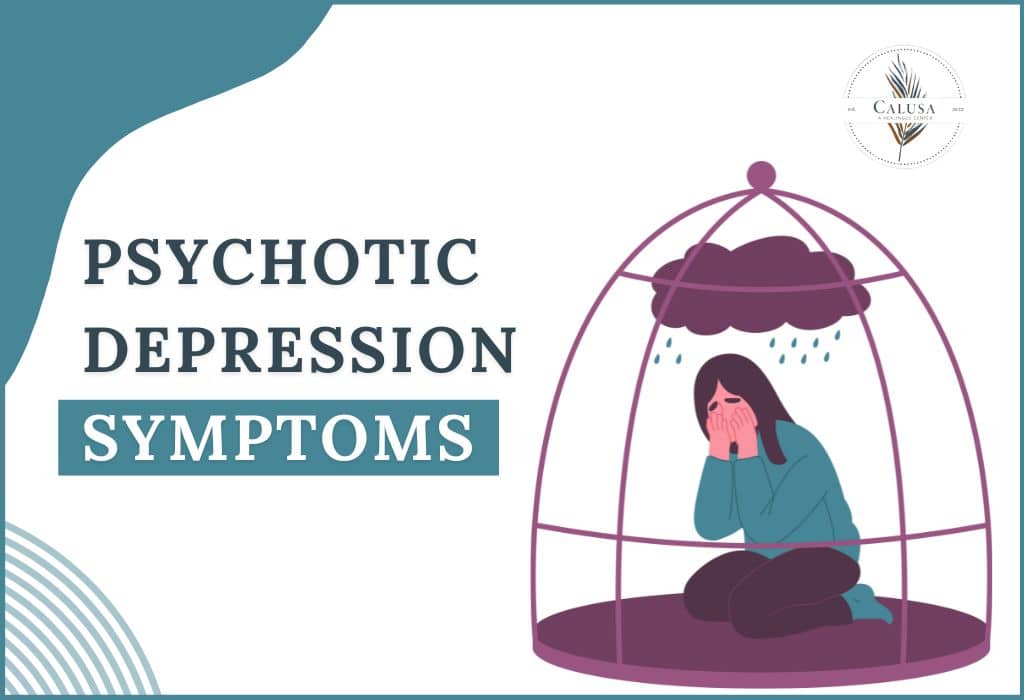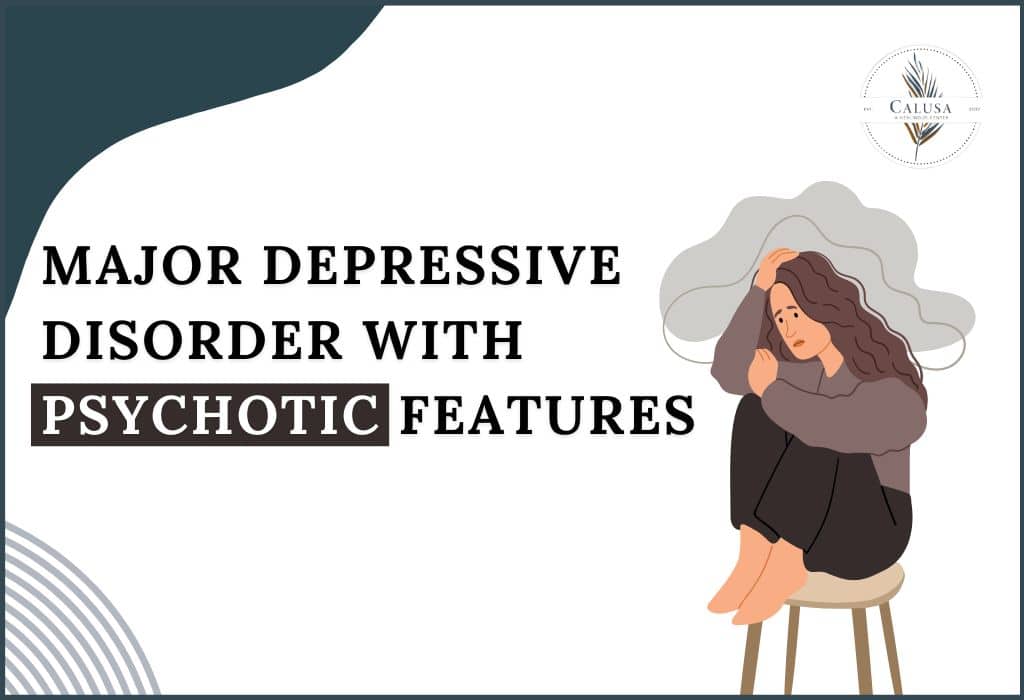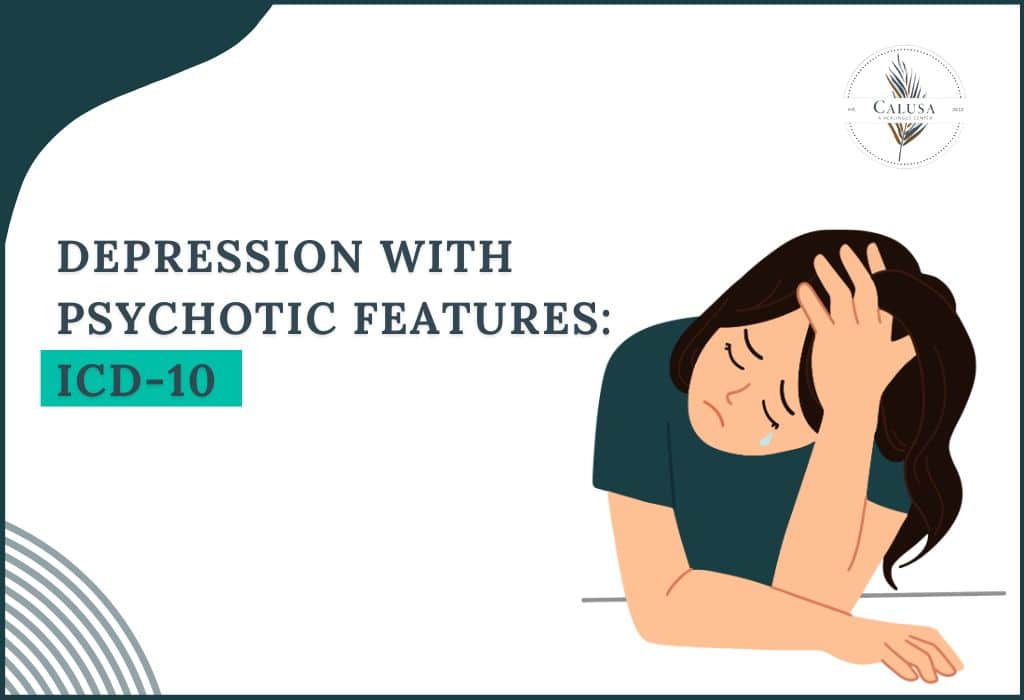In 2010, a study was conducted by Wilkinson-Tough to investigate the impact of mindfulness-based cognitive therapy for OCD on individuals who were experiencing intrusive thoughts and using thought suppression. The study had only three participants, and it aimed to examine whether daily mindfulness skills could help them cope with their symptoms. The participants received six sessions of mindfulness-based intervention with a focus on using mindfulness techniques every day. The study measured the effectiveness of the intervention by using the Yale-Brown Obsessive Compulsive Scale (Y-BOCS), a tool used to assess the presence and severity of OCD symptoms. After the treatment, all three participants demonstrated an improvement in their Y-BOCS scores, indicating they experienced a reduction in their OCD symptoms. This study suggests that mindfulness-based cognitive therapy for OCD can be a promising intervention for managing intrusive thoughts and thought suppression in individuals with OCD.
There has been a surge of interest in the concept of mindfulness as it relates to mental health treatment over the last few years. However, many individuals, even those seeking help via mindfulness-based cognitive therapy for OCD and other anxiety-related conditions, are uncertain about what mindfulness entails and how to incorporate it into their lives. Practicing mindfulness isn’t a quick fix for anxiety, as some might think. It’s not a new, simple technique that can magically make anxiety disappear. Instead, it’s a well-established philosophy that comes from Eastern philosophy principles.
What is Mindfulness?
According to the American Psychological Association APA) being mindful means being aware of both your internal states and the environment around you. Practicing mindfulness can teach you to observe your thoughts, emotions, and present-moment experiences without reacting or making judgments or distractions from the past or future. Several therapeutic interventions, such as mindfulness-based cognitive behavior therapy (MBCBT), mindfulness-based stress reduction (MBSR), and mindfulness meditation, incorporate the practice of mindfulness. If you find yourself struggling with thoughts that cause discomfort or anxiety, incorporating mindfulness into your daily routine can help you return to the present moment and reduce your stress levels.
Mindfulness and Cognitive Behavioral Therapy
A mistaken belief is that mindfulness is a rejection of CBT. Cognitive therapy helps question the content of your thoughts, while mindfulness is about changing how you see and approach those thoughts. According to the philosophy of mindfulness, the fundamental problem lies in your distorted belief that undesirable thoughts, feelings, sensations, and wants are automatically significant and worthy of a strong behavioral response. Mindfulness seeks to help you better recognize and accept that these transitory internal events, though uneasy, are simply a typical and predictable part of the human experience.
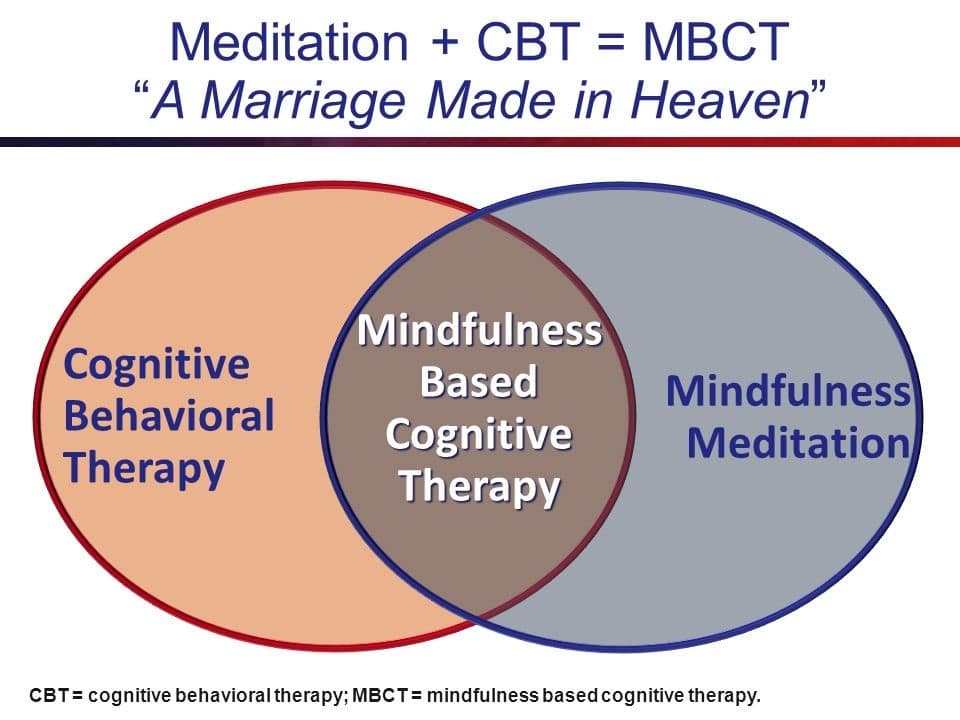
Mindfulness involves a behavioral therapy aspect that suggests accepting unwanted thoughts, feelings, sensations, and urges without attempting to avoid or control them. The goal is to act appropriately in the situation and according to our preferences, rather than solely seeking short-term relief from discomfort.
Mindfulness involves both cognitive and behavioral processes, as evidenced by the above. When viewed from a traditional cognitive standpoint, the purpose of mindfulness is to assist you in challenging and modifying your misconstrued beliefs regarding the significance of unpleasant encounters. In simpler terms, traditional behavioral theory suggests that the best way to deal with OCD and anxiety is through mindfulness-based cognitive therapy for OCD. This approach involves avoiding compulsive and avoidant behaviors that people with these conditions often engage in. These actions might provide temporary relief, but in the long run, mindfulness is more effective.
Integrating Mindfulness-based Cognitive Therapy For OCD And Anxiety
The OCD Center of Los Angeles has been using mindfulness-based cognitive therapy to help people with OCD and other anxiety-related issues for a while. Mindfulness naturally complements traditional Cognitive-Behavioral Therapy and fits in smoothly with conventional CBT techniques like Exposure and Response Prevention (ERP) and Cognitive Restructuring.
Mindfulness principles are now included in different treatment approaches, grouped as the “third wave” of Cognitive-Behavioral Therapy. The first two waves of CBT were traditional cognitive therapy and behavioral therapy. Mindfulness-based cognitive behavioral therapy is an example of the “third wave” that incorporates the principles of mindfulness in its approach.
- Acceptance and Commitment Therapy (ACT) – ACT, which was created by Steven Hayes, emphasizes the importance of accepting personal experiences that may be uncomfortable, and choosing not to avoid or control them. Instead, it encourages individuals to commit to living fully following their values.
- Jeffrey Schwartz’s Four Steps – Schwartz’s Four Step method, initially created for OCD therapy, teaches individuals how to observe unwelcome thoughts, feelings, sensations, and urges in a non-judgmental manner as if they were an “impartial spectator.” This approach is detailed in his book Brain Lock.
- Dialectical Behavioral Therapy (DBT) – Marcia Linehan created a set of tools for treating Borderline Personality Disorder, known as Dialectical Behavior Therapy. The fundamental principle of radical acceptance, which involves accepting unwanted feelings, can help treat anxiety-based conditions like OCD.
- Mindfulness-Based Cognitive Therapy (MBCT) – The original purpose behind the development of MBCT was intended to help people who suffer from depression. The treatment is designed to encourage clients to view their negative thoughts and emotions as transitory events that do not necessarily reflect their true selves or the reality around them.
Effectiveness of Mindfulness-based Cognitive Therapy for OCD and Anxiety
Mindfulness-based cognitive therapy for OCD is designed to help patients target their TAF. This enables individuals to break the close connection between their thoughts and actions by restructuring their beliefs and understanding of their illness. By doing so, they can learn to take control of their actions. Mindfulness-based cognitive therapy for OCD also teaches patients to observe their intrusive thoughts without judgment. This approach is more effective than suppressing them. It allows them to attach less significance and power to their obsessions. This, as a result, reduces the need to engage in compulsions. Moreover, research shows that combining mindfulness with other therapies such as CBT or ERP not only makes treatment more effective but also significantly lowers the chances of a relapse.
It has been found that like mindfulness-based cognitive therapy for OCD, ACT is successful in treating OCD, Trichotillomania, and Dermatillomania. Preliminary findings of a joint study on mindfulness for the treatment of Generalized Anxiety Disorder (GAD) were reported by researchers from Temple University, Yale University, and Kent State University. The study has shown promising initial results, with subjects experiencing “dramatic reductions” in anxiety levels.
Mindfulness-based Cognitive Therapy For OCD And Anxiety
Individual therapy is provided by the OCD Center of Los Angeles for the treatment of OCD and related anxiety-based conditions. The center puts a strong emphasis on Mindfulness-Based Cognitive Behavioral Therapy (MBCBT). The conditions treated are:
- OCD
- Pure Obsessional OCD (Pure O)
- Perinatal / Postpartum OCD
- Child / Adolescent OCD
- Body Dysmorphic Disorder (BDD)
- Hypochondria / Health Anxiety
- Phobias
- Panic Disorder
- Social Anxiety / Social Phobia
- Trichotillomania
- Dermatillomania
- Olfactory Reference Syndrome
About the Mindfulness-based Cognitive Therapy For OCD Center of Los Angeles
The OCD Center of Los Angeles is a private outpatient treatment center specializing in mindfulness-based cognitive therapy for OCD and related conditions. They’ve 13 therapists on staff. They all have licenses or registrations, and each one specializes in CBT. They treat people of all age groups— adults, adolescents, and children, and offer services six days a week, including evenings and Saturdays.
FAQs (Frequently Asked Questions)
1. How can mindfulness help decrease OCD symptoms?
Using mindfulness skills like being in the present and being nonjudgmental to your thoughts and feelings reduces the urge to neutralize thoughts with compulsions.
2. Can CBT cure OCD?
Over 40 years of research have led researchers and clinicians to agree that CBT is an effective treatment for OCD. Exposure-based treatments are the most effective for OCD treatment.
2. Which is the best CBT for OCD treatment?
Exposure and response prevention (ERP) is a form of CBT and it is the best for the treatment of OCD. People often encounter things they’re really into. So, it’s common advice to resist the urge to do things that temporarily make them feel better when they’re anxious or upset.
3. How can OCD be naturally treated?
Boosting your well-being with mindfulness techniques is a great way to manage OCD.
4. What disadvantages does CBT have for OCD treatment?
CBT helps you face your anxieties and uncomfortable emotions. So, it may not be ideal for people with complex mental health problems.
Conclusion
Mindfulness-based cognitive therapy for OCD combines mindfulness and CBT to help individuals manage and overcome their compulsions and obsessions. In simple terms, the best way to deal with OCD and anxiety, based on traditional behavioral theory, is to avoid doing compulsive and avoidant behaviors. These actions might give you temporary relief, but in the long run, they’re not the most mindful or effective approach. By being present and understanding thought patterns without judgment, individuals can learn to recognize triggers and develop effective coping strategies. Through this process, individuals can break free from compulsive behavior and experience greater peace of mind. They can break free from negative thoughts and emotions, empowering them to overcome depression and enhance their overall quality of life.
Calusa Recovery has their top-rated rehab facility in Florida and it has a group of professionals that address all your mental health needs. We provide an open opportunity to our clients where they can participate in dynamic and innovative group counseling 3 to 5 days per week, depending on their schedule. We create customized programs and treatments to match each patient’s specific needs.




